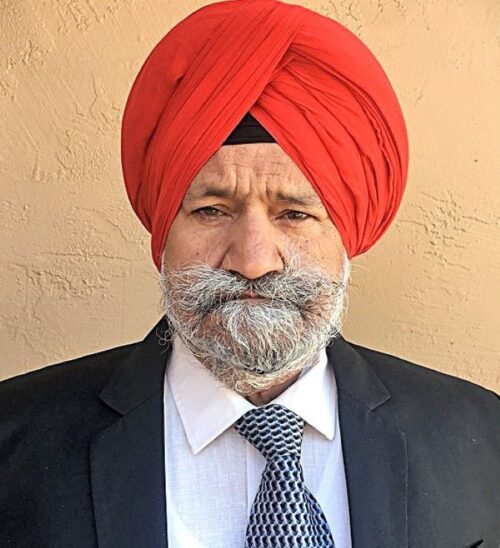
Punjab’s politics has always been full of drama — a colourful mix of Bollywood-style acting, street-smart tricks, and the occasional moral lecture. But the most fascinating part of it all is the new political language our leaders have invented. It’s a language where every word has two meanings — one for the public and one for the power corridors. Welcome to the Great Punjabi Political Dictionary, where “yes” means “no,” “we are working” means “we are sleeping,” and “we are with you” means “we are about to abandon you.”
One of the first lessons in this dictionary is simple: “Leaders do not pick up phones after becoming MLA or Minister.” Before elections, their phones never stopped ringing. They called you five times a day, asking for support, reminding you of old friendships, and promising heaven on earth. But the moment the results are declared, their phones go into VIP mode. Calls are diverted to a PA who repeats one sacred mantra: “Sir meeting vich ne.” The truth is, the only thing they are meeting is their new ego.
Another popular line in Punjab politics is, “We have full confidence in him.” This sentence is the political version of a farewell card. Whenever a leader or spokesperson utters it, you can be sure someone’s chair is about to break. In our political system, “confidence” actually means “we are looking for your replacement.” The moment the words hit the mic, the countdown begins. By the next cabinet reshuffle, that “confident” minister is usually seen giving interviews about betrayal and loyalty.
Then there is the poetic phrase, “You are him.” At first, it sounds like praise, a sign of respect. But in Punjabi politics, this line means the exact opposite. It is code for, “You are no longer in our good books.” The one who hears this can expect his photo to quietly disappear from party posters and WhatsApp groups. Once celebrated as a “core leader,” he suddenly becomes “former MLA,” “ex-chairman,” or “that man who used to be close to the high command.”
And when they say, “We always ignore our enemies,” hold your laughter. Ignoring is the one thing they never do. They track every tweet, every statement, every rumor — often more carefully than their own constituency’s problems. Their “ignored” enemies are discussed daily in backroom meetings, and if social media posts are weapons, these leaders are generals of gossip. The only thing they truly ignore is public welfare.
Another classic line from the dictionary is, “People are my real power.” This statement is repeated passionately before elections, often while eating at roadside dhabas or hugging strangers in villages. But once the votes are counted, “the real power” becomes a nuisance. Roads are blocked for their convoys, and those very same people are made to wait behind barricades for a wave from behind tinted glass. The sentence should really read: “People were my real power — until I got the real power.”
Then comes the eternal favorite: “We are working day and night.” Of course, they are — but the definition of “work” here is quite flexible. It means attending press conferences, shifting party loyalties, and occasionally pretending to read files for the camera. Their “night work” usually happens at political dinners or in Delhi’s corridors, lobbying for higher posts. Development? That will be discussed in the next meeting — maybe.
And finally, the grandest claim of all: “Politics is public service.” Indeed, but in Punjab, it often seems that the public serves and the politicians receive. Their version of service includes cutting ribbons, delivering speeches, and ensuring that every event has a good photographer. They post pictures with captions like “Feeling blessed to serve the people,” while the people feel blessed if their streetlight works. Their only true devotion is towards the chair — the kursi — and once it shakes, they switch parties faster than a mobile charger changes sockets.
In the end, Punjab’s political dictionary is a masterpiece of comedy and contradiction. Every word spoken from a podium has an invisible meaning behind it. Our leaders are fluent in this art — masters of saying everything while meaning nothing. If Shakespeare were alive today, he’d leave England and move to Chandigarh to write a new play titled Much Ado About Ministers. And if you ever hear a leader say, “Don’t worry, we are with you,” just smile and reply, “That’s exactly what we’re worried about.”